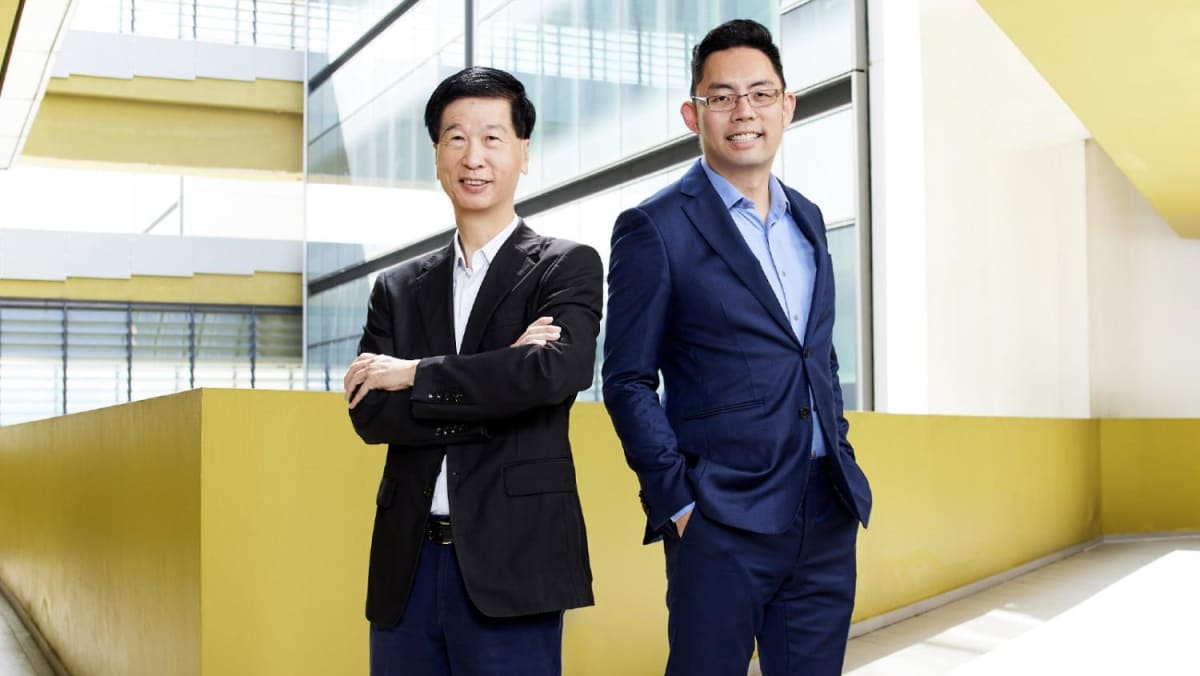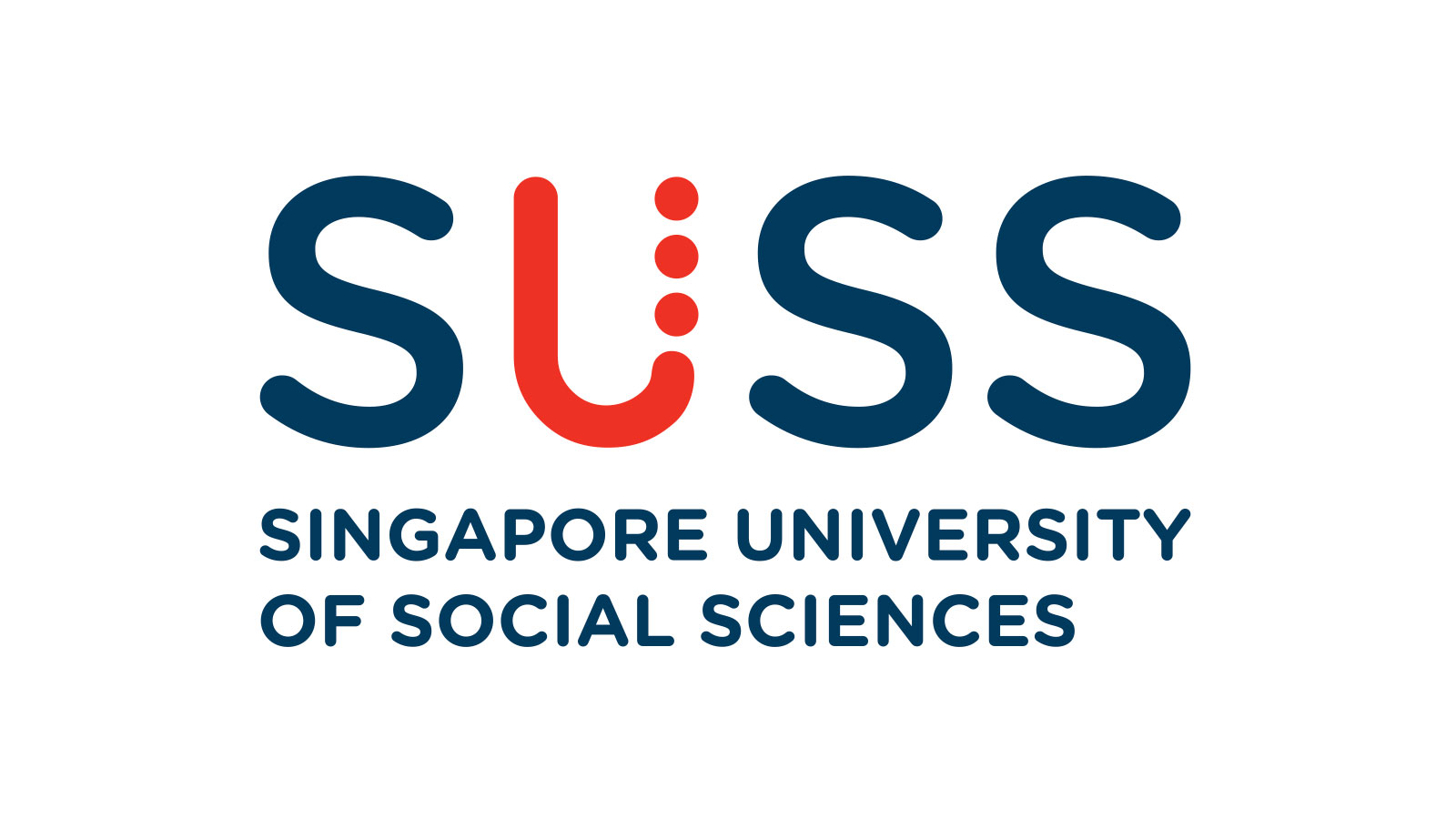
 By
By
Brand Studio
Brought to you by
According to Prof Ang, SUSS’ MOU with RSM is laser-focused on three crucial aspects – the creation of a training curriculum, sustainability research and engagement in consultancy projects. These areas have been identified as gaps that SMEs often encounter when striving to weave sustainability into their operations.
“The training programmes help to address the sustainability knowledge gaps that SMEs have, while the consultancy projects are designed to bridge the gap in practical expertise in implementing sustainability practices,” explained Prof Ang. “Our research endeavours aim to meet the need for sustainability best practices, such as easily adoptable sustainability standards of practice for scaling up within an organisation.”
To mitigate the issue of limited resources and expertise, SUSS is offering affordable consultancy services to SMEs looking for guidance in their sustainability journeys. Working alongside industry experts, including its partner RSM, CESG will provide consultancy sessions, toolkits and other tailored resources to help kickstart the process for SMEs.
“To keep costs affordable, we will also tap on skills-based volunteers who have deep sustainability knowledge and the passion to support SMEs through the consultancy process,” revealed Prof Ang. “We intend to roll out this consultancy initiative as a pilot programme next year.”
To help close the knowledge gap, SUSS will work with Trade Associations and Chambers (TACs) and other industry partners to carry out joint research, organise regular sustainability forums, facilitate Community of Practice sharing sessions for participants in the SME consultancy programme, and create templates and guidelines for sustainability initiatives.
Recognising the unique sustainability needs inherent to different sectors, SUSS plans to seek insights and feedback from TACs to ensure that the training programmes developed under the MOU offer a tailored fit for SMEs across various industries. The programmes will be scalable, stackable and flexible, allowing SME staff to acquire the skillsets essential for their career development – and to help their companies go greener, faster.
EDUCATING A NEW COHORT OF SUSTAINABILITY LEADERS
Furthermore, SUSS has forged strategic alliances with RSM and the Building and Construction Authority to jointly shape and deliver selected courses. Said Dr Tan: “We regularly scan the sustainability landscape to ensure the continued relevance of our programmes. For instance, the issuance of the IFRS S1 and S2 by the International Sustainability Standards Board represents a noteworthy development that will be integrated into our Sustainability Reporting course.”
In an effort to give learners the flexibility to tailor their educational journey according to their professional demands, schedules and personal commitments, these programmes are designed to be stackable, allowing for customisation through elective courses that zoom in on specific sectors and job functions. These specialised areas can include the built environment and procurement.
Said Dr Tan: “The urgency of climate change demands that professionals at every career stage swiftly acquire the skills and knowledge required to mitigate climate risk and propel the shift towards a sustainable future.”
Visit suss.edu.sg to learn more about sustainability-related qualifications and initiatives.
